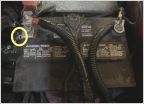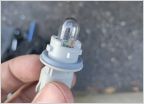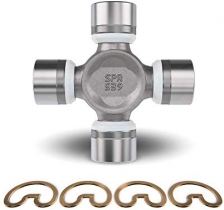-
Welcome to Tacoma World!
You are currently viewing as a guest! To get full-access, you need to register for a FREE account.
As a registered member, you’ll be able to:- Participate in all Tacoma discussion topics
- Communicate privately with other Tacoma owners from around the world
- Post your own photos in our Members Gallery
- Access all special features of the site
Better MPG on 87 vs 89 gas?
Discussion in '3rd Gen. Tacomas (2016-2023)' started by Dacon, Apr 27, 2018.
Page 2 of 4
Page 2 of 4


 LED Tailgate Light Bar on 2020 Tacoma TRD Sport
LED Tailgate Light Bar on 2020 Tacoma TRD Sport Newbie Winch Wiring Question
Newbie Winch Wiring Question Small lightbulb
Small lightbulb Can I wire aftermarket fog lights to my factory switch?
Can I wire aftermarket fog lights to my factory switch? Pre-Collision System Malfunction, ABS, VSC error code help!
Pre-Collision System Malfunction, ABS, VSC error code help! Window visor
Window visor














































































